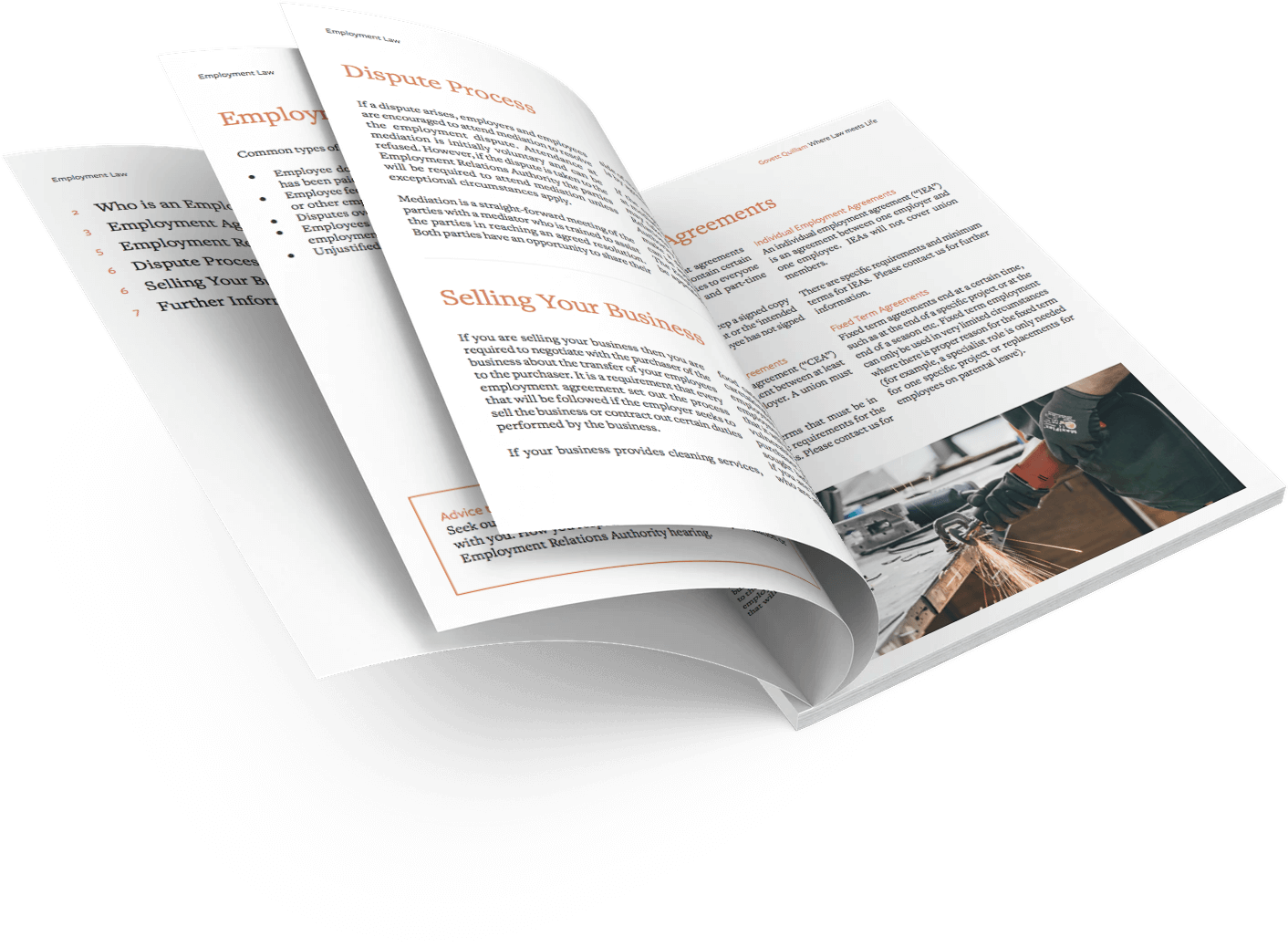
On 27 June 2020 the law changed to protect employees who are legally employed by one employer but carry out their day-to-day work under the direction of another business or organisation. These employees are now able to hold their day-to-day employer responsible for their actions through the enactment of the Employment Relations (Triangular Employment) Amendment Act 2019.
The legislation is expected to effect recruitment businesses, temporary-work agencies, labour hire businesses, and secondments between organisations. Owing to the economic implications of the COVID-19 pandemic, the law change will be particularly relevant in redundancy-type situations where the day-to-day employer could face legal consequences if they attempt to discontinue employees’ work by sending them back to the primary employer.
What is a Triangular Employment Relationship?
If you have an employment agreement with one employer but your day-to-day work is controlled by a third party you are likely to be in a triangular employment relationship.
The Employment Relations Act 2000 refers to this type of employer as a “controlling third party”, which means a person:
(a) who has a contract or other arrangement with an employer under which an employee of the employer performs work for the benefit of the person; and
(b) who exercises, or is entitled to exercise, control or direction over the employee that is similar or substantially similar to the control or direction that an employer exercises, or is entitled to exercise, in relation to the employee.
Holding an Employer Responsible
The new law will allow the employee or the primary employer to join the controlling third party in a personal grievance claim when making an application to the Employment Relations Authority, as outlined below.
Bringing a claim against a controlling third party:
- Raise a personal grievance
The employee must raise a personal grievance with their primary employer (within 90 days) relating to an action alleged to have occurred whilst they were working under the control or direction of a controlling third party.
- Notify the controlling third party
The employee must notify the controlling party, within 90 days of the alleged action occurring that gave rise to the personal grievance, that they consider the actions of the controlling third party caused or contributed to the personal grievance.
Alternatively, the primary employer can, within 90 days of the employee raising the personal grievance, notify the controlling third party that they consider the actions of the controlling third party caused or contributed to the personal grievance.
- A decision is made by the Employment Relations Authority
If proceedings are filed, the Employment Relations Authority (“the Authority”) may, on application by either the employee or the primary employee, join the controlling third party to the proceedings.
The Authority must grant the application if it is satisfied that the controlling third party was appropriately notified of the grievance, and that there is an arguable case that their actions caused or contributed to the grievance. If the Authority grants the application, it must consider whether to direct the three parties to mediation.
Remedies
The Authority is able to allocate responsibility, liability, and awards between the employer and the controlling third party based on each party's contribution.
The Authority can also order the controlling third party to reimburse the employee for any salary or lost wages, or to compensate the employee for any humiliation, loss of dignity and injury to feelings they have suffered.
Summary
The latest change to the Employment Relations Act 2000 is intended to benefit certain employees. However, for business who are likely to be controlling third parties, it could reduce the appeal of using workers that are employed by another organisation, as the usual benefit of decreased employment obligations and legal risk will no longer be a significant factor.
The inability to hold third party employers responsible has been a noticeable gap in employment law for several years. Now that the law has been amended, it will be a matter of time before we see whether the change improves triangular employment relationships as intended.
For further information or for assistance with navigating your business needs, please contact our Employment Team (Troy Wano, Rebecca Eaton and Rochelle Farmer) on 06 768 3710
Contributing Authors: Rochelle Farmer and Annie Prosser






.png)

